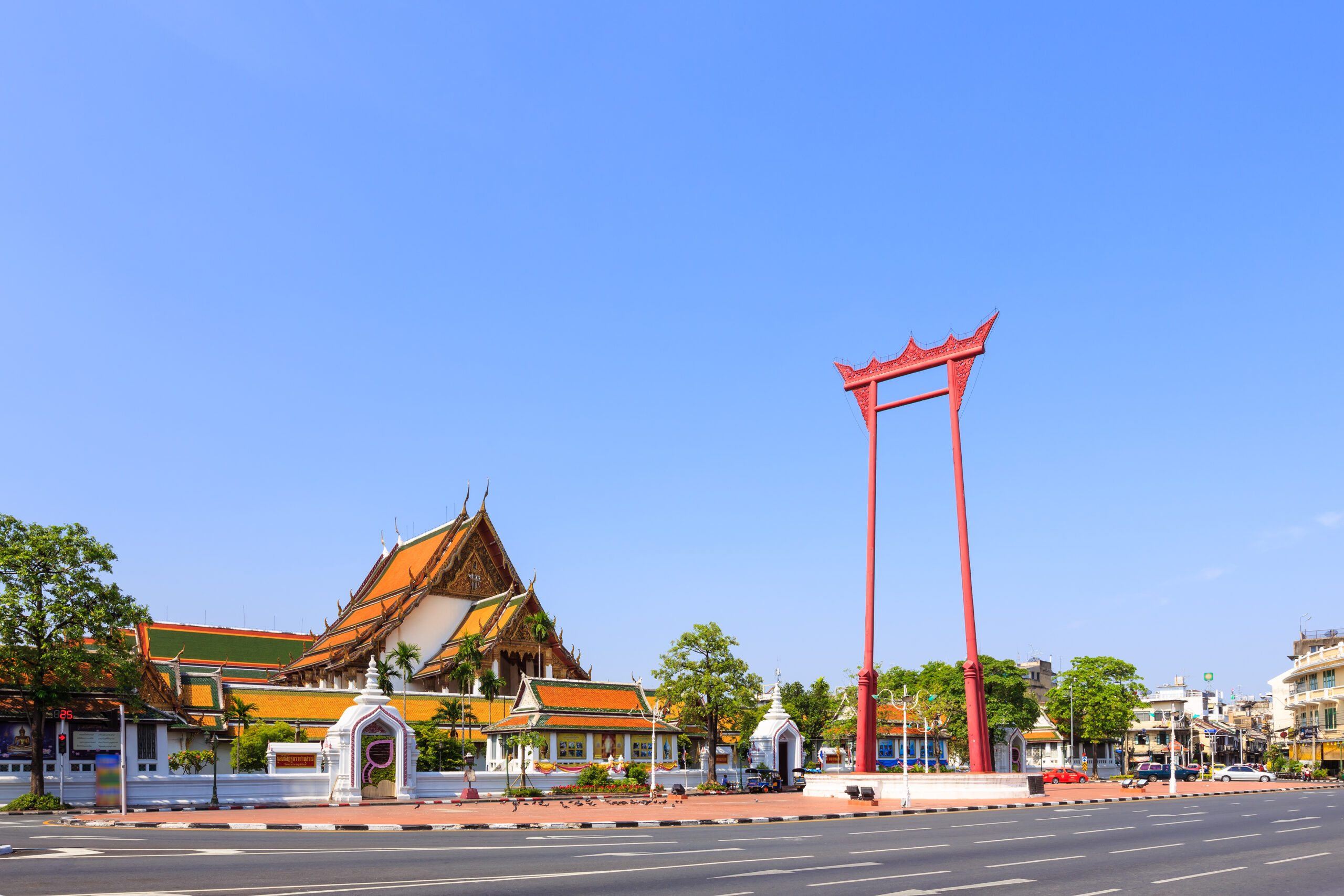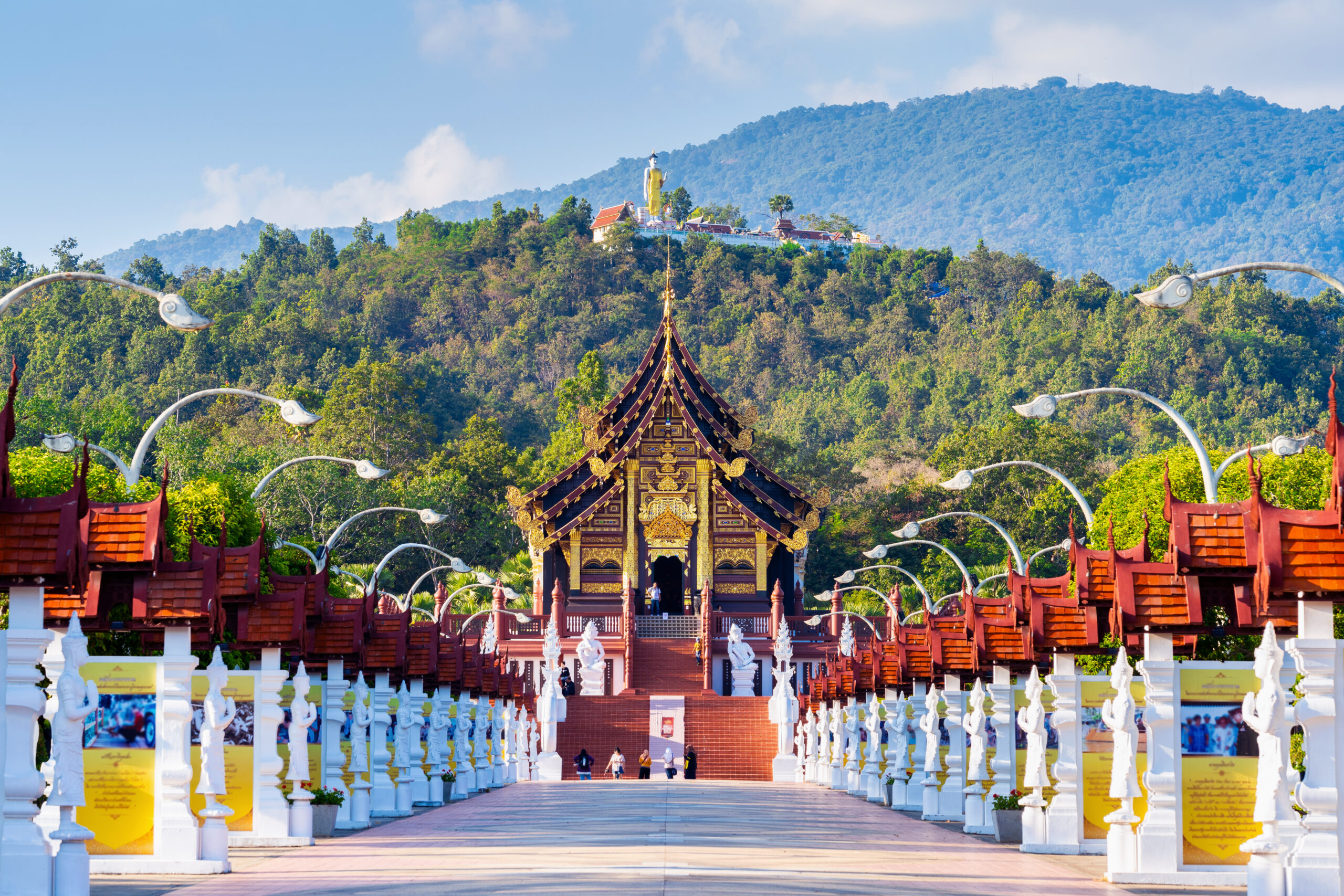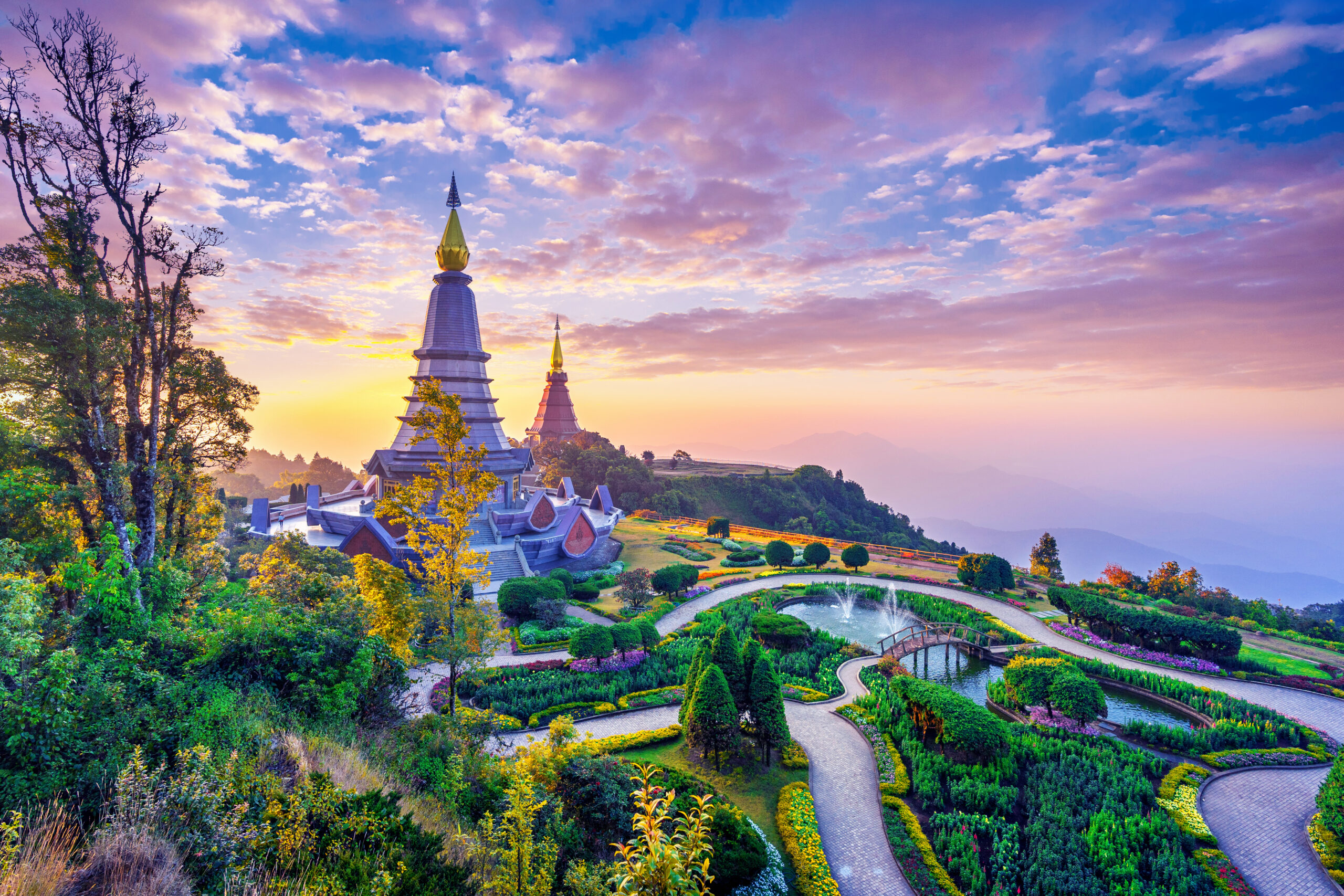Chiang Mai has quietly become one of the world’s most sought-after destinations for retirement and long-term living. With over 30,000-40,000 expats already calling this northern Thai city home, it’s not just attracting traditional retirees—younger expats, digital nomads, and remote workers are flocking here too.
What makes Chiang Mai so special? It offers an unbeatable combination of affordability, quality healthcare, vibrant expat community, and rich cultural experiences. Whether you’re 35 and looking to escape the corporate grind or 65 and ready for your golden years, Chiang Mai provides the perfect backdrop for your new chapter.
Why Chiang Mai Appeals to Expats of All Ages
Vibrant Expat Community and Digital Nomad Hub
With tens of thousands of expats from around the world, Chiang Mai offers an instant social network. Monthly meetups, hobby groups, and cultural events make it easy to find like-minded people and build meaningful connections. The Nimman area has evolved into a digital nomad paradise, packed with coworking spaces, trendy cafes, and lightning-fast internet—perfect for those still working remotely.
Diverse Activities and Rich Culture
Chiang Mai strikes the perfect balance between traditional Thai culture and modern amenities. You’ll find ancient temples alongside contemporary art galleries, traditional markets next to modern shopping centers, and street food vendors sharing space with international restaurants. The city’s cosmopolitan atmosphere is enriched by live music venues, fitness studios, and countless outdoor activities.
Unbeatable Cost of Living
Living costs in Chiang Mai are remarkably low compared to Western cities. Most expats live comfortably on $700-$1,500 per month, with a sweet spot around $1,000-$1,100 for mid-range comfort. Budget-conscious retirees can manage on $600 monthly, while those seeking luxury might spend $2,500 or more. Even at the higher end, you’re getting exceptional value.
Year-Round Warm Climate
The tropical climate means warm weather throughout the year, with pleasantly mild winters that many Western retirees find perfect. While there is a “smoky season” during crop-burning months that prompts some residents to travel temporarily, the overall climate is one of Chiang Mai’s biggest draws.
Access to Nature and Adventure
Surrounded by scenic mountains, national parks, and pristine streams, Chiang Mai offers endless opportunities for trekking, cycling, and nature escapes. It’s a rare combination—urban convenience with natural beauty just minutes away.
Thailand Retirement Visa Options

When you’re ready to retire in Chiang Mai, you’ll need the right visa. Thailand offers several long-stay options, each with different requirements and benefits:
Non-Immigrant “O-A” Long-Stay Visa (Retirement Visa)
This one-year visa is the most common choice for retirees aged 50 and above. You’ll need either 800,000 THB in a Thai bank account (seasoned for 2 months) or monthly income of 65,000 THB. The visa also requires health insurance coverage of approximately $100,000 and must be applied for at a Thai embassy or consulate in your home country.
Non-Immigrant “O-X” Long-Stay Visa
Available to citizens of select Western countries (including the US, UK, Canada, Australia, and most EU nations), this 10-year visa is perfect for wealthy retirees. The financial requirements are higher—either 3 million THB in a Thai bank or a combination of 1.8 million THB plus 1.2 million THB annual income. Like the O-A, it requires comprehensive health insurance.
Non-Immigrant “O” Visa and One-Year Extension
Many retirees prefer this route: obtain a 90-day Non-Immigrant “O” visa, then extend it annually for retirement inside Thailand. The financial requirements are the same as the O-A (800,000 THB or 65,000 THB monthly), but this path typically doesn’t require overseas police clearance or mandatory health insurance when done entirely in Thailand.
Long-Term Resident (LTR) Visa – “Wealthy Pensioner” Category
Introduced in 2022, this 10-year visa targets high-income retirees with minimum annual income of $80,000. Those earning $40,000-$79,999 can qualify by investing at least $250,000 in Thai government bonds or property. The LTR comes with special perks like annual (instead of 90-day) reporting and no re-entry permit requirements.
Thailand Elite Residence Program
While not technically a retirement visa, the Elite program offers 5-20 year visas for a membership fee ranging from approximately 650,000 THB to 5 million THB. There are no age or income requirements—just the ability to pay the membership fee. It’s popular among those who don’t meet other visa criteria but can afford the investment.
Cost of Living in Chiang Mai

One of Chiang Mai’s biggest attractions is its affordability. Here’s what you can expect to spend:
Accommodation
Rent for a modern one-bedroom apartment in the city center averages around $300 per month. Larger or more luxurious accommodations cost more but remain affordable compared to Western standards. Many retirees find beautiful condos or houses for $400-$800 monthly, depending on location and amenities.
Food and Dining
Local street food is incredibly cheap—you can enjoy delicious meals for just $1.50. The city also offers an impressive range of international restaurants and Western grocery stores for those craving tastes of home. Dining out regularly at mid-range restaurants won’t break the bank, with most meals costing $3-$10.
Transportation
Getting around Chiang Mai is inexpensive. Local transport options include tuk-tuks, songthaews (shared pickup trucks), and motorbike taxis. Many expats choose to rent or buy a motorbike for ultimate freedom and convenience. Car rentals and ride-sharing services are also affordable options.
Healthcare
Medical care is both high-quality and reasonably priced. Private hospitals maintain international standards, and costs are a fraction of what you’d pay in Western countries. A routine doctor visit might cost $20-$30, while more complex procedures cost significantly less than in the US or Europe.
For detailed budget breakdowns at different spending levels, check out our comprehensive guides on realistic Thailand retirement budgets and complete retirement cost analysis.
Healthcare in Chiang Mai

Quality healthcare is crucial for retirees, and Chiang Mai delivers excellently on this front.
Public vs. Private Healthcare
While public healthcare exists, most expats and retirees use private hospitals, which offer shorter wait times, English-speaking staff, and modern facilities. Private healthcare costs are still very reasonable by Western standards.
Health Insurance Requirements
Health insurance requirements vary by visa type. O-A and O-X visa holders must have insurance coverage of approximately $100,000, while those on yearly extensions obtained in Thailand aren’t required to have insurance (though it’s highly recommended). LTR visa holders need either $50,000 coverage or sufficient funds to self-insure.
For comprehensive information about Thailand’s healthcare system and what retirees need to know, visit our detailed guides on public vs. private hospitals and complete healthcare guide for retirees.
Finding Accommodation in Chiang Mai
Short-Term Rentals
When you first arrive, short-term rentals through Airbnb or local agencies are perfect for getting your bearings. This gives you time to explore different neighborhoods and find your ideal long-term home.
Long-Term Rentals
Most expats eventually move to long-term rental arrangements. Popular areas include the Old City for culture lovers, Nimman for digital nomads and young professionals, and various suburban areas for those seeking quiet residential living. Rental contracts are typically straightforward, and landlords are generally expat-friendly.
Buying Property
Foreigners can legally purchase condominiums in Thailand (up to 49% of units in any building can be foreign-owned). Many expat retirees do buy condos as a long-term investment and residence. However, foreigners cannot own land or houses on land in their own name, though long-term leases are possible.
Staying Connected and Building Community
Online Forums and Groups
Chiang Mai has active expat communities both online and offline. Facebook groups, forums, and messaging apps help newcomers connect with established residents, get advice, and stay informed about local events and changes.
Social Activities and Meetups
Regular meetups, hobby groups, sports clubs, and cultural activities make it easy to build a social network. Whether you’re interested in hiking, photography, cooking, or volunteer work, you’ll find like-minded people.
Learning the Thai Language
While English is widely spoken in urban areas of Chiang Mai, learning basic Thai enhances your experience and helps with integration. Many language schools and private tutors cater specifically to expats, and locals appreciate any effort to learn their language.
Making Your Retirement Dream Reality

Retiring in Chiang Mai offers an incredible opportunity to enjoy a high quality of life at an affordable cost, surrounded by a welcoming expat community and rich Thai culture. Whether you’re seeking adventure, relaxation, or a combination of both, Chiang Mai provides the perfect setting for your next chapter.
The city’s infrastructure supports modern living while maintaining its traditional charm. From world-class healthcare to diverse dining options, efficient transportation to beautiful natural surroundings, Chiang Mai truly offers the best of both worlds.
Ready to start your journey to retirement in Chiang Mai? The process might seem overwhelming, but you don’t have to navigate it alone. At GoRetireThailand, we specialize in helping people like you make informed decisions about retiring in Thailand.
Contact our expert team today for personalized guidance on visas, budgeting, healthcare, and everything else you need to know about making Chiang Mai your new home. Your Thai retirement adventure starts with a single step, let us help you take it.

